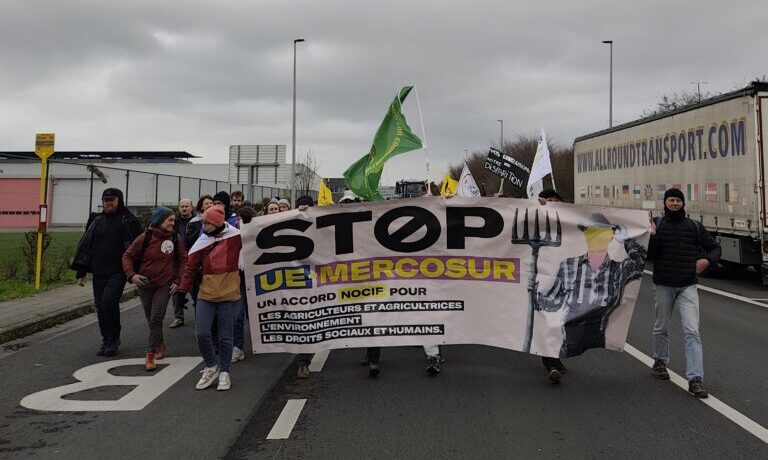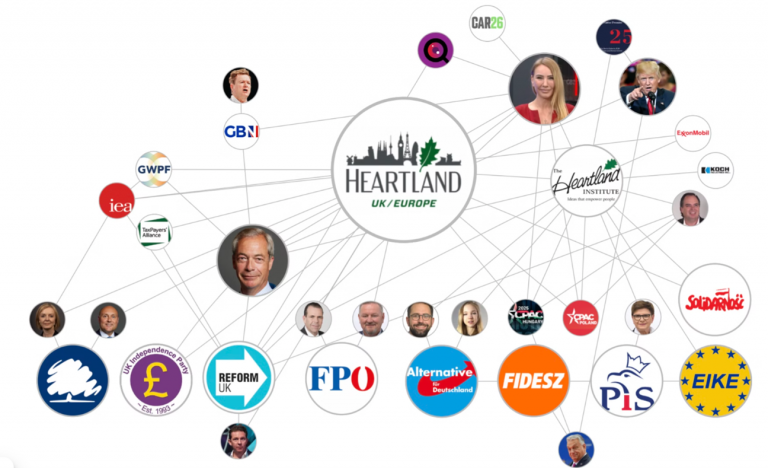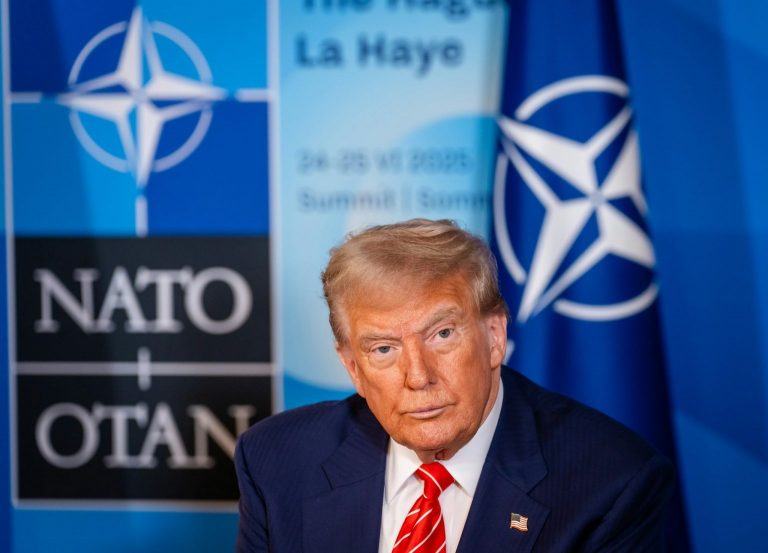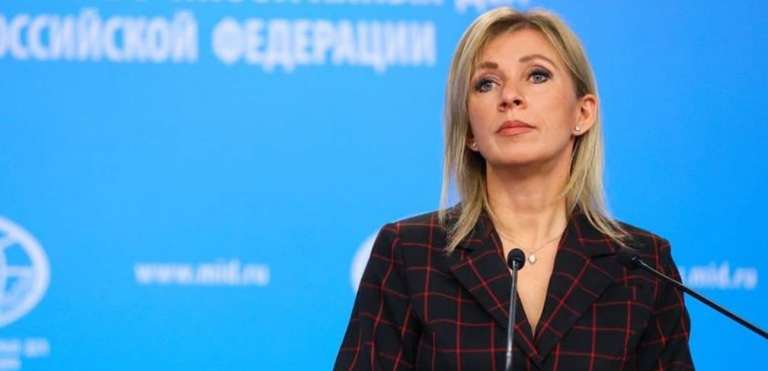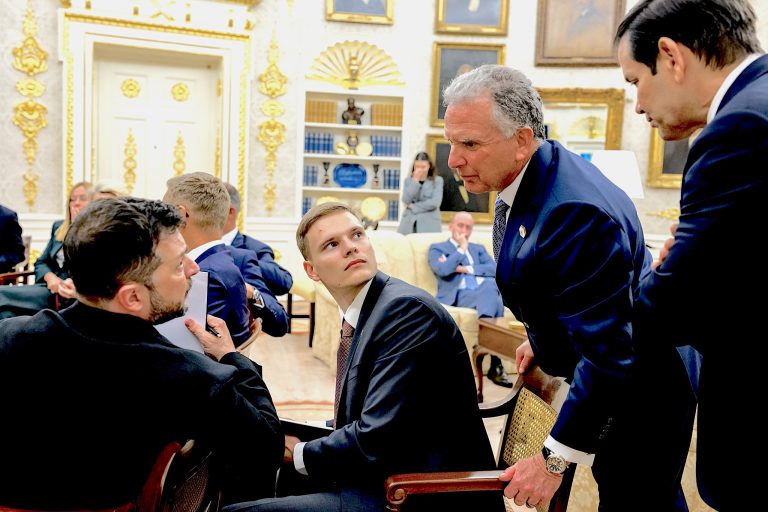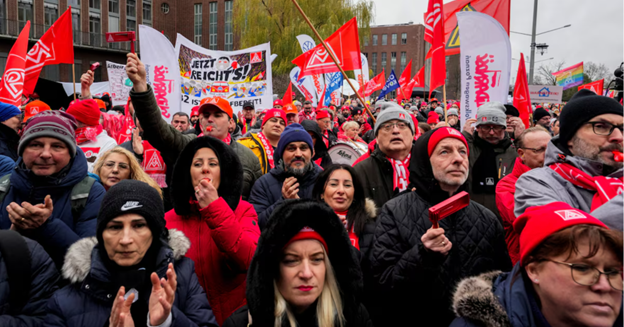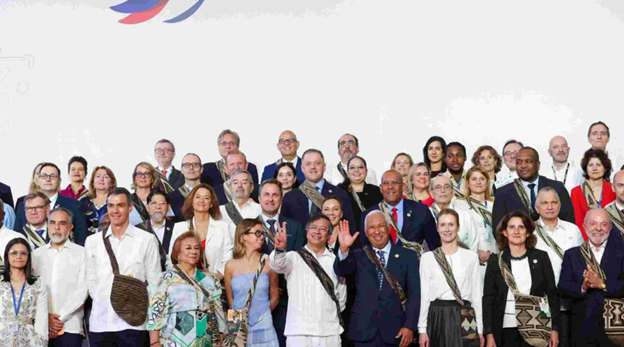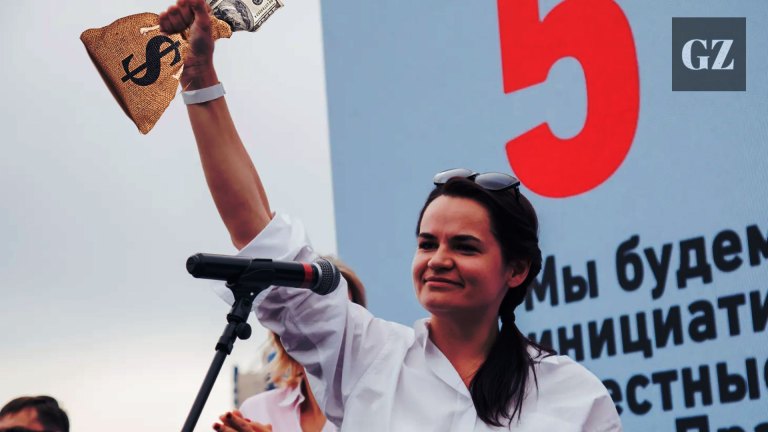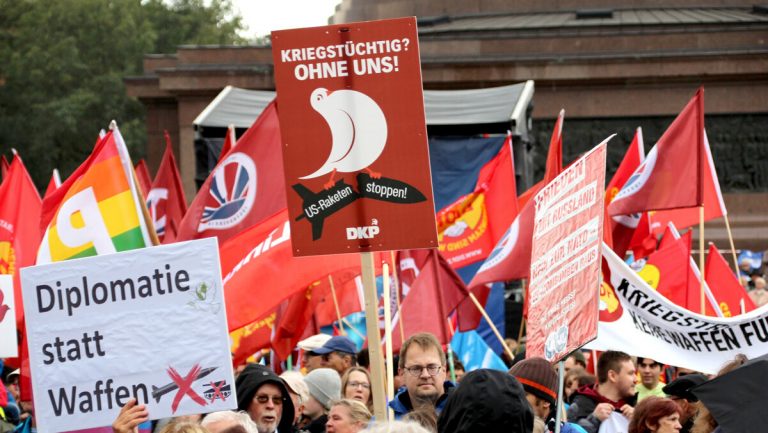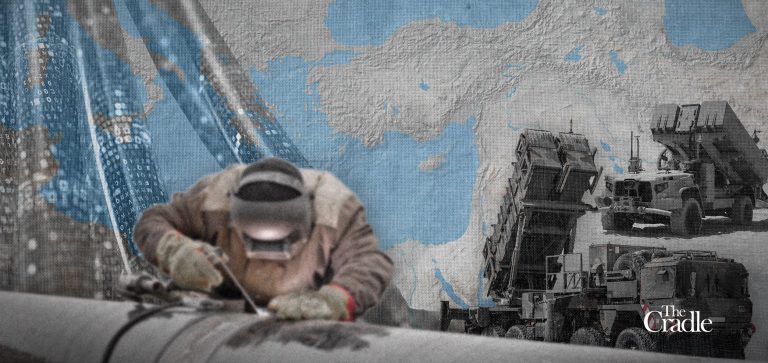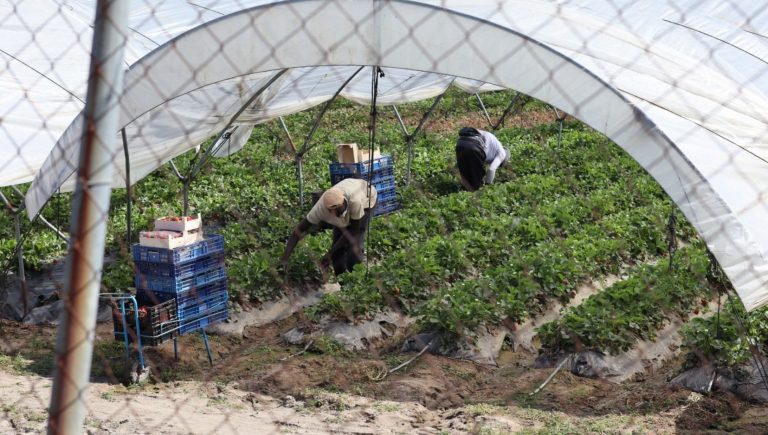Farmers Mobilise At Liège Airport Against The EU-Mercosur Agreement
Farmers’ organisations from the European Milk Board (EMB) and European Coordination Via Campesina (ECVC) descended on Liège Airport together with civil society this Wednesday 17 December to express their anger at EU policies that jeopardize European agriculture. Farmers from Mig, AbL, FUGEA, Boerenforum, and La Confédération Paysanne gathered at this key hub for international trade with a common message that firmly rejects the EU-Mercosur treaty and calls for a strong CAP with a strong budget to guarantee farmers a decent income.

